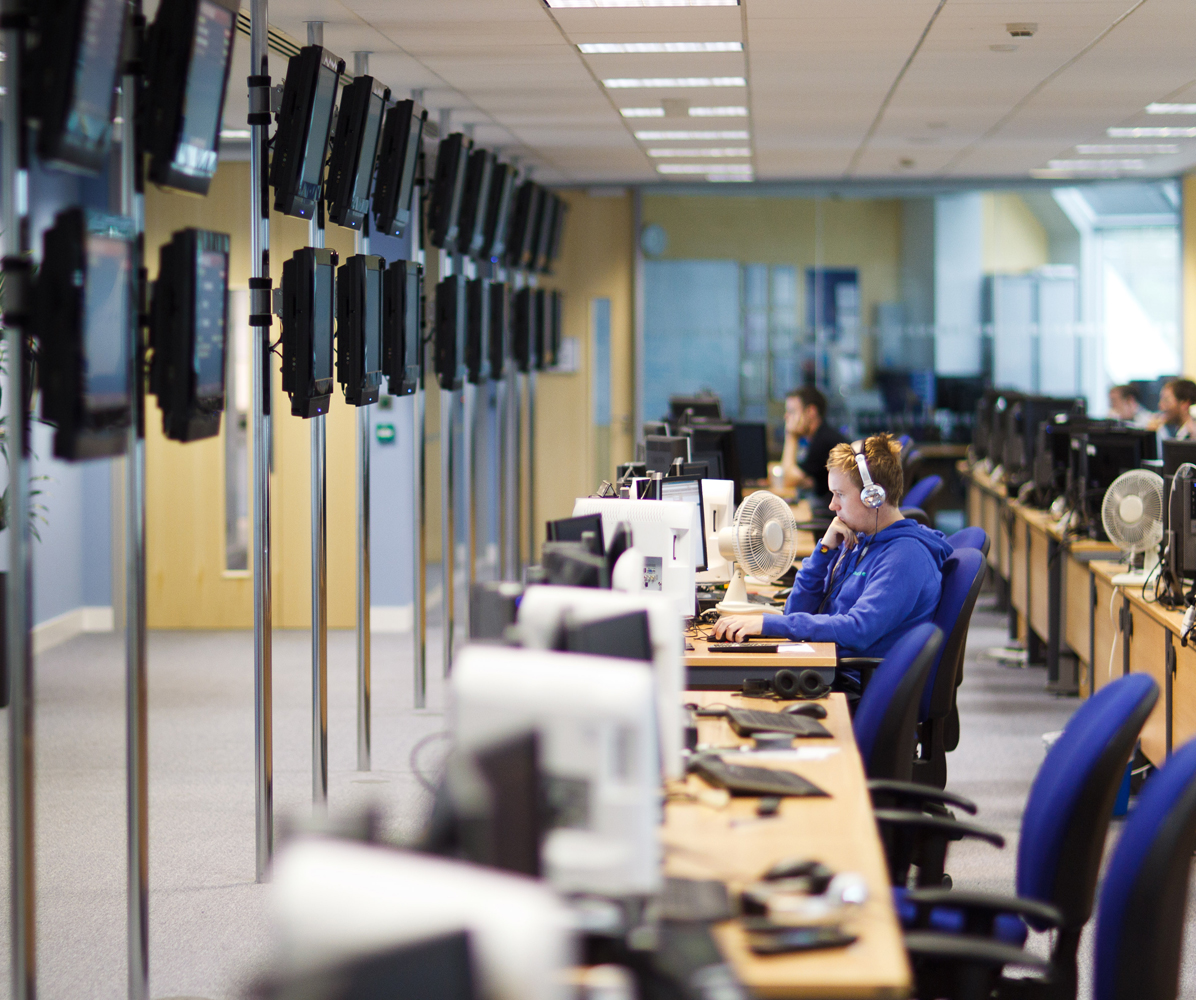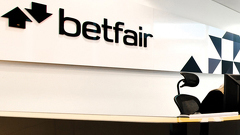
It’s no secret that the biggest IPO in online gambling hasn’t been the triumph that those behind hoped for when Betfair floated at £13 per share in October 2010.
Confusion among investors as to whether the company is a gambling company or a technology company, the ever-changing regulation of European gambling legislation, and simply the volatile nature of the gaming industry has meant that there have been more downs than ups for Betfair in the last two and a half years.
Had the media speculation and subsequent announcement made by CVC Capital Partners (CVC) been made six months ago, it would have been seen as an attempt to take over the betting exchange operator on the cheap.
It would also have been an easy way out for those in charge at Betfair and an offer they would have been likely have welcomed with open arms. However, while their still likely to welcome the offer, at this point in time it’s for entirely different reasons – namely recognition.
The statement that was put out by Betfair in reaction to the CVC’s announcement certainly showed that there’s no necessity to sell up and sent a strong message of belief that the company is currently on course.
Betfair chairman Gerald Corbett was quoted as saying: “With our new team now in place and the announcement of a more focused strategy in December, I believe Betfair is currently going through one of the most exciting phases in its development”. “Our management team is actively implementing the new business plan for the company and we remain fully committed to delivering the new strategy and improving returns for our shareholders.”
He’s certainly not wrong about Betfair having a new team and strategy that is allowing them to improve their operations. Ever since their IPO, the Malta-licensed company has seen numerous changes take place. Founder Ed Wray left the company to be replaced as chairman by Corbett while other personnel changes included the departure of David Yu as CEO, the temporary charge of Steven Morana and finally the arrival of Breon Corcoran in August 2012.
Since then Betfair has made a number of significant moves which, despite some having an initial negative effect on share price, should prove to be good moves in the long run.
A crucial aspect of this is the strengthening of their relationship with Playtech. Having prided themselves on having the best betting exchange product in the business, Betfair needs to ensure that all other products which aren’t proprietary live up to the same standards. This has been managed by the renewel of their casino contract as well as the use of the iPoker network which continues to grow.
The outsourcing of the affiliate program to Israel is also a move that mimics William Hill Online and if it pays off for Betfair like it has for Hills then we can expect to see an increase in acquisition in the near future.
Then there’s the expansion into the fixed-odds market. Initially Betfair began to offer them as an alternative but didn’t really push it too hard. It almost appeared to be a token effort in an area of the industry that was already saturated with strong performers. But the purchase of Blue Square and its customer database has given this transition a sharp boost at what appears to be a reasonable price of £5 million.
Finally it’s what has been referred to as the streamlining of the business which holds most hope for shareholders. While it may mean that staff have been laid off, for those with nothing but the share price at heart it represents a sensible move.
Rather than diluting their services across geographical markets where governments were constantly resisting the company’s advances, Betfair’s move to focus on core markets makes sense.

It’s because of these recent positive developments that many expect the company’s shareholders to stay strong and reject any advance. The Guardian reported an unnamed shareholder as saying: “I can’t see Ed [Wray] and Bert [Andrew Black] selling all of their stakes at these levels. They wanted Breon and selling now would indicate they had no confidence on where the business is or where it is going.”
However, former public affairs director and part of the founder-management team Mark Davies admitted to CalvinAyre.com that he had less strong feelings on the subject.
He added: “I’d be very happy for it to be a private company if I retained my shareholding in it.”
If this view is shared by several other key shareholders then CVC could be onto a winner. They certainly have the benefit of experience that could convince shareholders that with Richard Koch on board they’re the right people to take charge. Their acquisition in 1999 and subsequent sale three years later of William Hill was deemed a success at the time. But the near unrecognisable regulatory landscape and Betfair’s status as a pureplay operator with fewer tangible assets makes this move considerably more complex.
Win-Win
The good news is that we should have a swift resolution, something that until 18 months ago had been somewhat of a rarity in these situations. Fortunately a change made in September 2011 by the UK Takeover Panel means that there’s a 28 day deadline once intentions to buy have been made public.
This means that we should be aware of whether or not CVC will be submitting a formal offer by 5pm on May 13 – although whether that will be accepted is entirely another offer.
Aside from the obvious benefits of receiving this interest – such as it being a nod of approval and quite flattering – it will provide a significant boost to those at Betfair who should be hoping that an offer is made.
If this is the case then either way the company, its staff, shareholders and even customers stand to gain. If the offer is accepted, it provides Betfair with the freedom that they may have been missing since going public, plus the added factor that new ownership often serves as motivation.
On the other hand, should an offer or any subsequent offers be rejected and the company stays on the stock market, then Betfair will be in a considerably better position than it was before this issue came to light.
The initial 12% increase in share price following the news is promising but what will be of even more significance is that, if an offer is rejected, all those with a say are sending a clear message that they believe the company is soon for bigger success – and that sign of strength will make any related hassle more than worthwhile.
